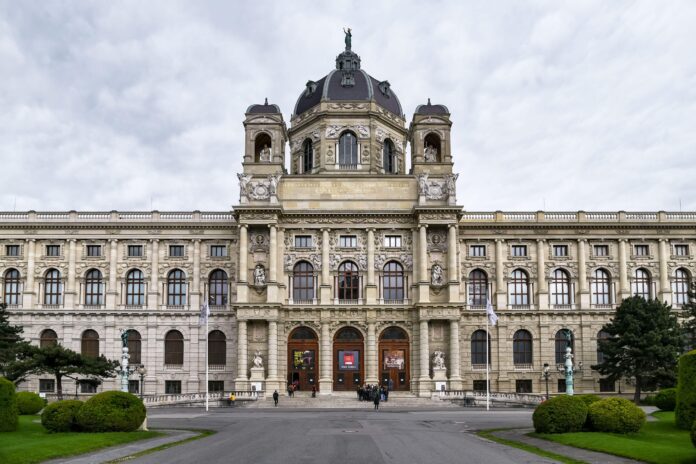Officials at the Kunsthistorisches Museum in Vienna are in talks to loan two fragments of the Parthenon Marbles to Greece, putting more pressure on the British Museum to reconsider its position on its Parthenon collection.
In a press conference held earlier this week, the Austrian foreign minister Alexander Schallenberg, confirmed that negotiations are underway, saying: “We are proud of our culture, we are proud of our history, and we share excellent cultural relations. Against this background, I am very pleased that technical discussions are taking place between the Kunsthistorisches Museum and the Acropolis Museum [in Athens] on mutual loans of the Parthenon frieze.”
“Our common goal is to contribute to the understanding of its universal significance for European cultural heritage. It is important beyond the borders of Greece because we all know that…. Athens is the cradle of European democracy. I am very hopeful that the talks can move on very quickly and the marbles will be on display in Athens.”
The Greek Minister of Foreign Affairs, Nikos Dendias, responded that the gesture “will create a momentum which we could use in our discussions in London which I hope we will successfully conduct at the end of the day”. Earlier this year, George Osborne, the British Museum’s chairman, confirmed he is continuing negotiations with the Greek government to devise a “hybrid” deal regarding the restitution of the Parthenon Marbles.
Dendias also referred to other institutions that have returned Parthenon fragments such as the Antonino Salinas Regional Archaeological Museum in Palermo, Sicily, and the Vatican which announced its decision to return three Parthenon fragments in March. “This will be the third one and for us is of huge, huge importance,” he added.
According to the Kunsthistorisches Museum website, one of the Parthenon fragments shows the “heads of two elderly, bearded men facing each other, [it] comes from the north frieze of the Parthenon in Athens and belongs to the group of so-called thallophores, dignified citizens who take part in processions with olive branches in their hands”.
The other fragment depicts two young riders and comes from the north frieze of the Parthenon. “It was probably acquired in Venice by Marchese Tommaso Obizzi (died in 1803), the founder of the Esten Collection at Catajo Castle near Este (Padua, Italy),” the online statement adds. The museum did not respond to a request for comment.

























